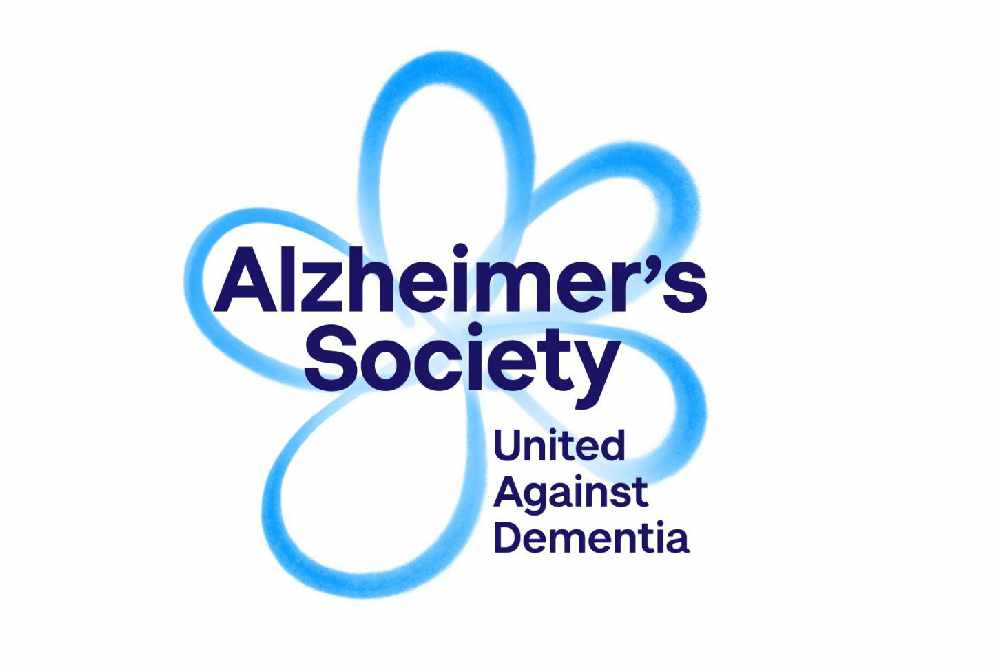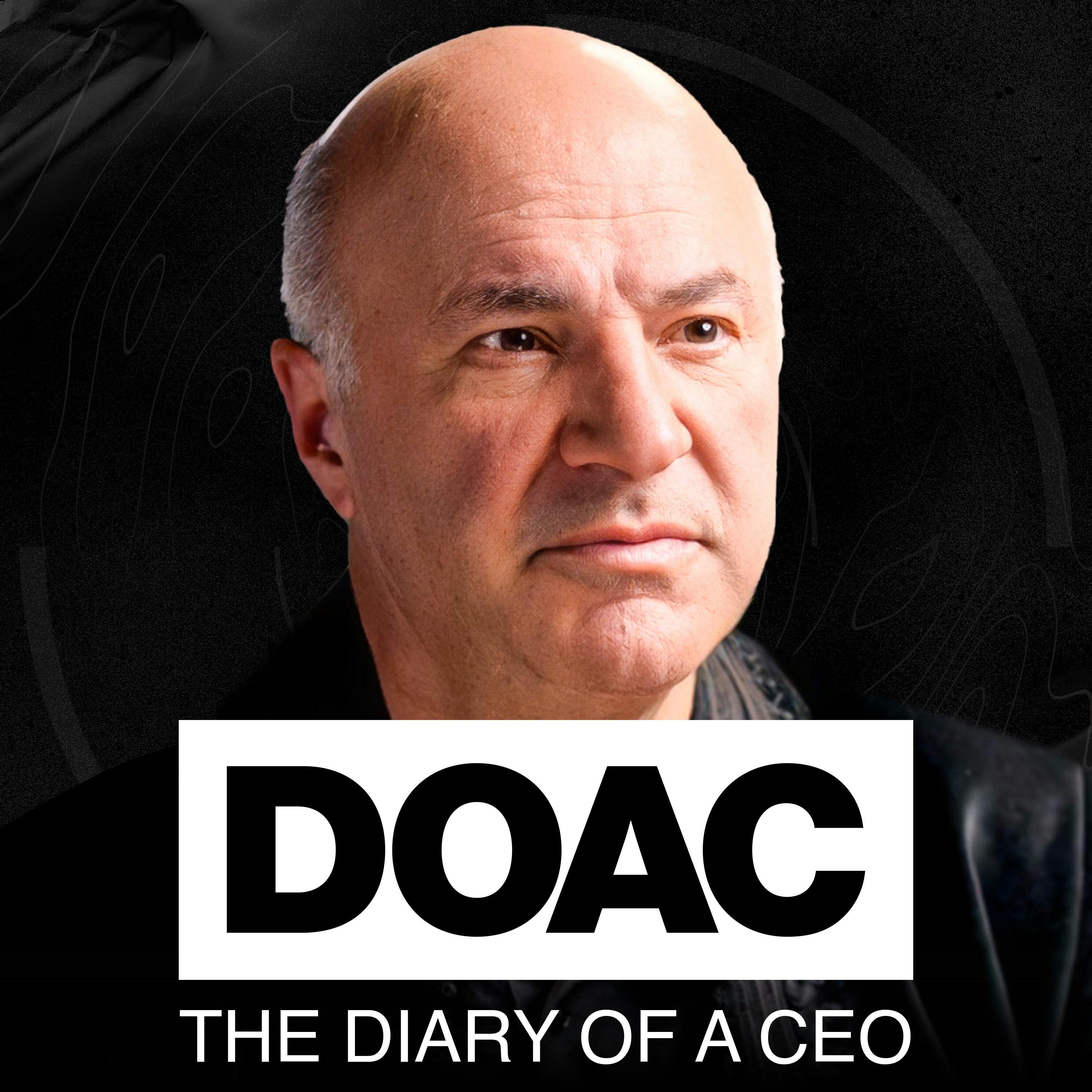
People affected by dementia in the West Midlands are experiencing crippling loneliness and are struggling to cope during lockdown, a survey by Alzheimer’s Society reveals.
But the charity is helping to alleviate the anxiety many face by making thousands of ‘welfare calls’ to provide support and information.
In West Midlands almost 5,000 calls have already been made by staff and volunteers determined to reach out to those in need. Alzheimer’s Society’s funds have been badly hit by the pandemic, meaning it now faces a potential drop of £45 million in income.
This comes at a time when demand for its services has skyrocketed, leading it to launch an Emergency Appeal to raise vital funds. For its latest survey, the charity questioned 880 people either living with dementia or caring for someone with the condition. More than three quarters said the coronavirus pandemic has made them feel more lonely or isolated than before, with around half (37%) revealing they feel significantly lonelier and more isolated.
Pat Horriben, 81, of Bransford, Worcestershire, cares for her friend Jane, also 81, a former teacher who was diagnosed with dementia six years ago and has since lost her ability to communicate. She said:
“Before the coronavirus outbreak, carers would visit three times a week to wash and dress Jane and would also visit a day centre on certain days. Since then, I have been Jane’s full-time carer.
“Jane relies on my support around the clock and sometimes it’s difficult to take time out for myself.”
There are an estimated 850,000 people living with dementia in the UK, including more than 73,000 in the West Midlands. However, the condition, already the UK’s biggest killer, has been even more deadly during the current pandemic – claiming more lives and leaving many feeling fearful and vulnerable. Eirwen Jones, Head of Region for Alzheimer’s Society in the West Midlands, added:
“Coronavirus has turned life upside down for the thousands of people affected by dementia; many are scared, lonely and struggling to get the help they desperately need.
“During the pandemic, our frontline team has been raising safety alerts, delivering regular welfare calls, and supporting those who have nobody else to turn to through our Dementia Connect support line.
“They have dealt with matters of life and death. But thousands more need help and with Alzheimer’s Society facing a drop of £45 million this financial year due to the pandemic, this lifeline is at risk, which is why we are asking people to donate to our Emergency Appeal.”
The charity’s recent survey follows research it funded at the University of Exeter, known as the Improving the Experience of Dementia and Enhancing Active Life (IDEAL) programme. The large-scale study is one of the first to look at loneliness in family carers and people living with dementia. Nearly two thirds of family carers and around a third of people with dementia reported loneliness before lockdown measures were put in place.
An estimated 95% of people with dementia are over 65 and many live with other underlying health conditions, making them more vulnerable to the virus.
Emerging data from one large study also says that risk of death is 39% higher among people with dementia.
The neglect of the care sector during coronavirus also significantly impacts people with dementia who are the main recipients of social care, with 70% in care homes and, 60% relying on home care having dementia.
Alzheimer’s Society is also calling for people to sign up and become a Dementia Friend. This free online Information Session explains more about how dementia affects a person and armed with that understanding, the ways people can help those living with the condition during the pandemic, like having a chat by video call with a family member or delivering shopping for a neighbour.
Donations to Alzheimer’s Society’s Emergency Appeal can be made at alzheimers.org.uk/coronavirus-appeal.
Alzheimer’s Society Dementia Advisers provide emotional support and practical information on how to stay safe, active and social during this difficult time.
The Dementia Connect support line can be reached on 0333 150 3456, seven days a week.














Comments
Add a comment